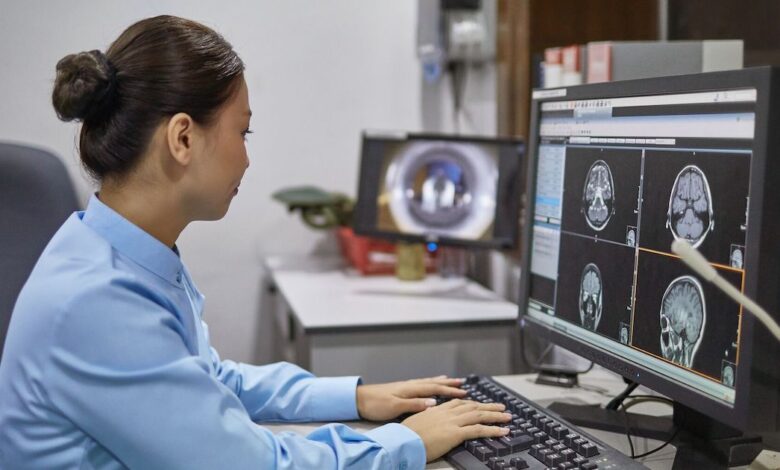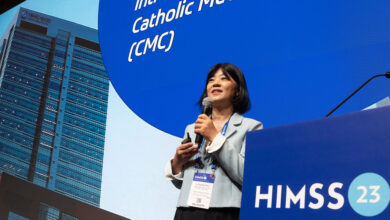South Korea expands research access to big cancer data and more summaries

South Korea opens access to cancer data of 2 million patients
Researchers in South Korea now have access to an extensive database of 2.26 million cancer patients.
The Ministry of Health and Welfare of Korea (MOHW), together with the National Cancer Center and the Korea Health Information Service, recently announced the addition of additional data to the K-CURE Public Cancer Library.
According to the press release, access to K-CURE data, which includes anonymized data on registered cancer patients, insurance eligibility and claims, as well as mortality rates, has been expanded to include data from 2012 to 2020.
Additionally, the COVID-19 infection and vaccination dataset from the Korea Disease Control and Prevention Agency has been added to the public data library.
Once the necessary licenses are secured, researchers can access publicly available cancer data through designated data usage center.
South Korea launches $25 million AI drug discovery project
The Ministry of Health and Welfare also recently announced that it has started a joint project with the Ministry of Science and ICT to discover and develop new drugs using AI technology.
The 34.8 billion won ($25 million) project will build an AI-driven ADME/T prediction model to discover new drug candidates, the ministry said in a statement. This will be developed through an AI training platform based on federated learning, a machine learning technique that mines data from multiple decentralized sources without exchanging or moving them.
The project, run by the Korea Pharmaceutical and Biopharmaceutical Manufacturers Association, has selected 20 participating organizations, including pharmaceutical companies and universities, to enhance and verify the resulting AI model.
Thailand’s Siriraj Hospital deploys AI to diagnose lymphoma
The Faculty of Medicine at Siriraj Hospital, Mahidol University recently deployed AI to aid in the diagnosis of lymphoma.
Based on the press release, the hospital has begun using object detection algorithms to detect and count centrosome cells in whole-slide images stained with Hematoxylin and Eosin.
“This development has important implications for lymphoma classification, allowing patients to more accurately be classified into stage 1, 2, or 3 based on disease progression,” the report explains.
Siriraj Hospital has been deploying AI across its departments since 2018. By the end of the year, the hospital plans to introduce AI to analyze mammograms and brain CT scans.




